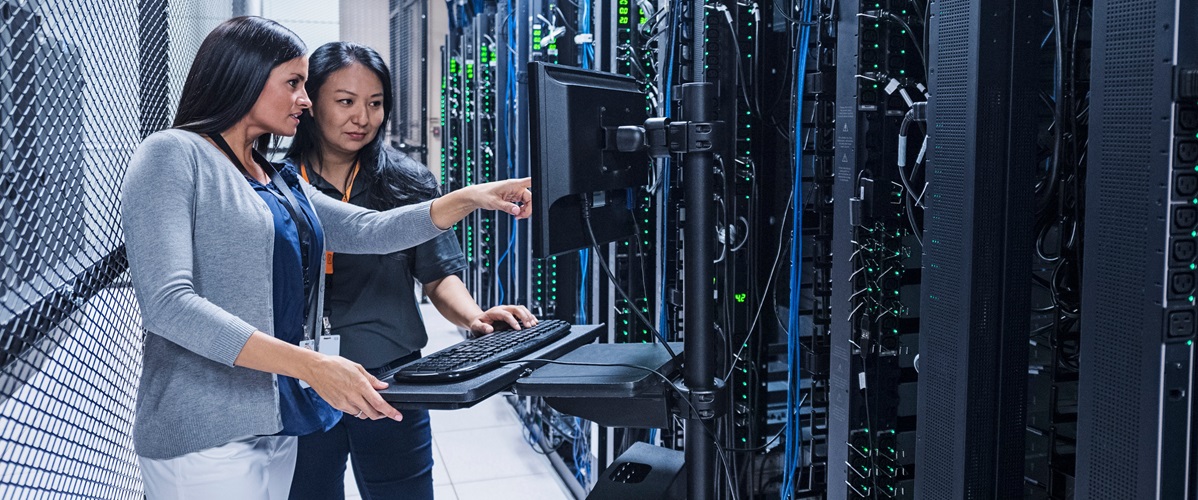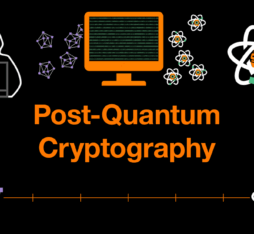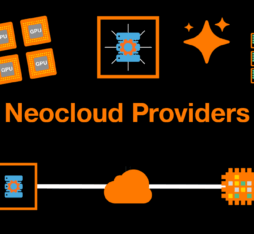● Orange researchers present “Trusted Content Delivery Boost”, a sovereign CDN hosted in Europe, which protects against cyberattacks and guarantees continuous quality of service, even in the event of a partial network failure.
● The Live Remediation project demonstrates how AI agents integrated into the Orange network facilitate optimized diagnostics and customer support, while also reducing energy consumption.
Technological sovereignty is now a strategic pillar for European industry. Two demonstrations that will feature at Orange OpenTech, which is set to run from 18 to 20 November 2025, notably illustrate this vision: Trusted Content Delivery Boost and Live Remediation. Both of these solutions highlight how Orange is combining network expertise with AI and resource-efficient approaches in the service of sovereignty, which does not only depend on the local hosting of data in European jurisdictions: it also requires tools for the real-time analysis, protection and optimization of data flows that do not rely on external actors. In its drive to meet this need, Orange has integrated Orange Cyberdefense (OCD) and the use of “Trust” certified local technologies to ensure that both these demonstrated solutions comply with ten reliability criteria and strict technical specifications.
The idea is to provide hardware diagnostic tools and enhance the quality of advice to customers with AI agents that can collect information from across the network.
Trusted Content Delivery Boost: a sovereign and secure CDN
Orange’s “Trust” certified Content Delivery Network (CDN) solution “guarantees that management data is always hosted in Europe where it is protected from non-European legislation like the Cloud Act,” explains Cédric Hardouin, SVP for CDN and Edge activities at Orange Wholesale. “Unlike other public CDN providers, Orange has imposed a ban on pirated content. And its service also benefits from a higher infrastructure density, with for example eight Points of Presence in France as opposed to the one or two PoPs offered by the competition,” points out Laurent Hervé, the Senior Product Manager for “Trusted Content Delivery Boost”. The goal of this added infrastructure is to ensure continuous quality of service, even in the event of a partial network failure.
The Orange CDN solution features an integrated firewall that analyses all requests along with systems that protect against DDoS attacks and manage bots whether they be malicious or legitimate like those deployed by Google. “It immediately detects and blocks intrusions with real-time monitoring and analysis tools. The AI, integrated into the Security Operations Center (SOC), accelerates the detection and response to threats, while also allowing for the rapid generation of customized rules,” points out Cédric Hardouin. “No sector is immune to attacks: there were 21,296 security incidents confirmed by Orange Cyberdefense in 2024,” explains Laurent Hervé.
Since its launch in mid-2023 many additional services (image optimization, edge computing, storage, etc.) have been included in the CDN solution, which passed a major technical milestone with the provision of AI enhanced security in early 2025: a feature that enables it to address a rapidly growing market need, particularly for highly exposed industries such as e-commerce, banking, media, and the public sector.
Live Remediation: breaking new ground in agentic AI
The Live Remediation demo presented at Orange OpenTech will pave the way for a host of new possibilities for agentic AI: “We are planning to integrate AI agents in the heart of the Orange network, and not just in the cloud,” remarks Thierry Nagellen, Director of Augmented Customer and Employee Research at Orange. The idea is to provide hardware diagnostic tools and enhance the quality of advice to customers with AI agents that can collect information from across the network. “With AI agents integrated in routers as well as in offerings, repair processes and LiveBoxes that can also retrieve external information, customer service advisors will be able launch processes while dealing with requests for support,” points out research programme head Frédéric Massa. This architecture aims to guarantee sovereignty and security, while optimizing resources. “There is no requirement for large, costly models. Small, frugal, and fast models will be sufficient for targeted tasks,” points out Frédéric Massa. And the power required by AI will also be reduced.
“These tools can also be used to provide services to SMEs, which don’t always have the necessary resources to create content,” points out Thierry Nagellen. “While under human supervision, agents could be used to generate publications for social networks (text and images) based on simple web links and customer requests.” However, the agents will still be strictly authenticated and data they access will remain under customers’ control. Work is continuing on different protocols, such as Google’s, to ensure they are properly vetted. “They define the agents’ calling cards to allow us to identify those that deliver expected services.” While these AI-driven systems are still maturing, experts agree that their future is profoundly promising.
 Thierry Nagellen
Thierry Nagellen











